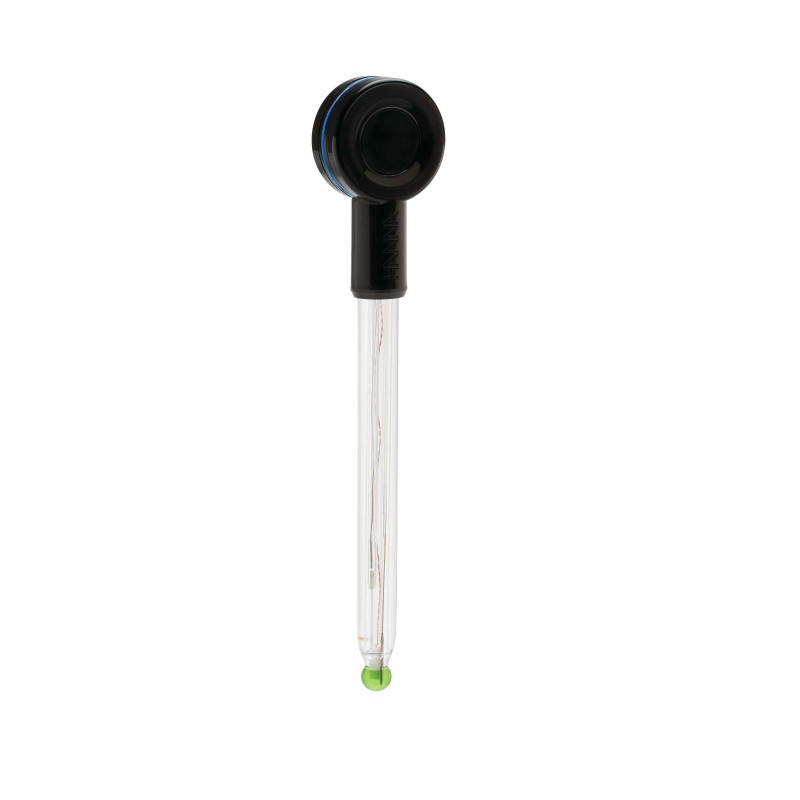I was about to purchase a PH pen from Hanna, I thought I had the choice nailed down but suddenly now I am a bit confused.
The original option has:
pH Accuracy ±0.1 pH
pH Resolution 0.01 pH
While the slightly cheaper option has:
pH Accuracy ±0.1 pH
pH Resolution 0.1 pH
For the pH resolution of 0.01 pH to be useful, doesnt accuracy also have to be 0.01?
If the accuracy is the same on both meters, what is the point of the higher resolution readout?
The customer service rep is also trying to sell me a more expensive meter with a replaceable probe. Is a replaceable probe even needed for our aquarium use if the non replaceable is stored correctly?
The more expensive one has
pH Resolution 0.1 pH
pH Accuracy (@25°C) ±0.1 pH
I need buffer solution right, and it seems the bottles are good for 3-4 years after opening. 1 liter and 500ml cost almost exactly the same, so I was thinking to get 1 liter, might as well?
Do I also need storage solution or can I use one of the buffers?
Is there anything else I need other than the pen and the buffers, or am I good to go?
I would ask the rep but after they tried to upsell me a more expensive pen with the premise that it comes with buffer so "its better if you're only going to use it a few times", I dont trust them fully and would rather get advice from UKAPS
The original option has:
pH Accuracy ±0.1 pH
pH Resolution 0.01 pH
While the slightly cheaper option has:
pH Accuracy ±0.1 pH
pH Resolution 0.1 pH
For the pH resolution of 0.01 pH to be useful, doesnt accuracy also have to be 0.01?
If the accuracy is the same on both meters, what is the point of the higher resolution readout?
The customer service rep is also trying to sell me a more expensive meter with a replaceable probe. Is a replaceable probe even needed for our aquarium use if the non replaceable is stored correctly?
The more expensive one has
pH Resolution 0.1 pH
pH Accuracy (@25°C) ±0.1 pH
I need buffer solution right, and it seems the bottles are good for 3-4 years after opening. 1 liter and 500ml cost almost exactly the same, so I was thinking to get 1 liter, might as well?
Do I also need storage solution or can I use one of the buffers?
Is there anything else I need other than the pen and the buffers, or am I good to go?
I would ask the rep but after they tried to upsell me a more expensive pen with the premise that it comes with buffer so "its better if you're only going to use it a few times", I dont trust them fully and would rather get advice from UKAPS



